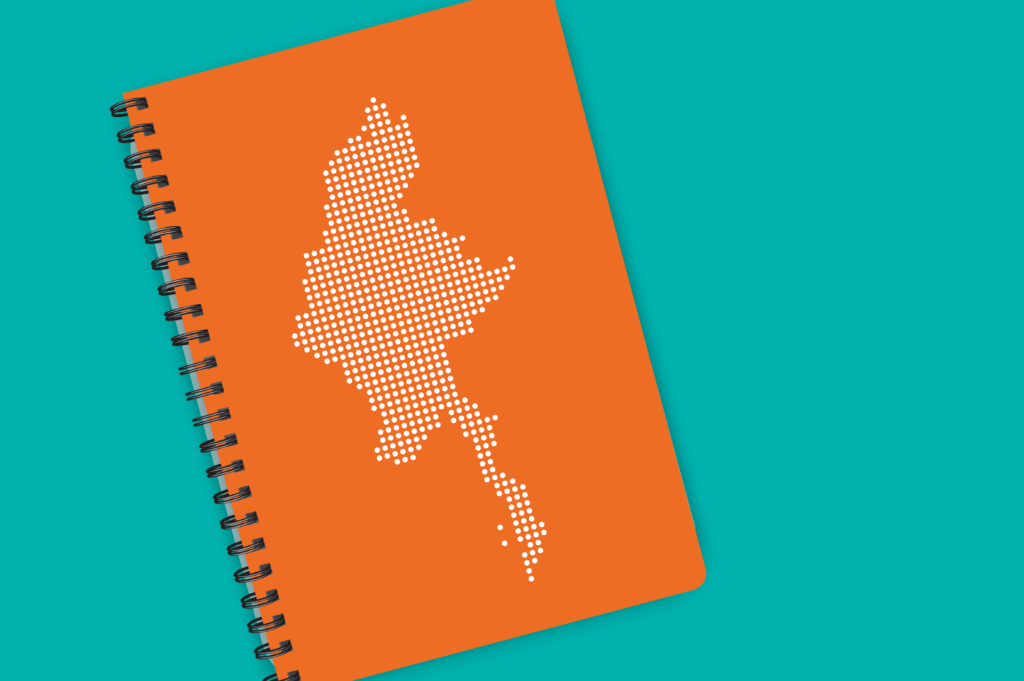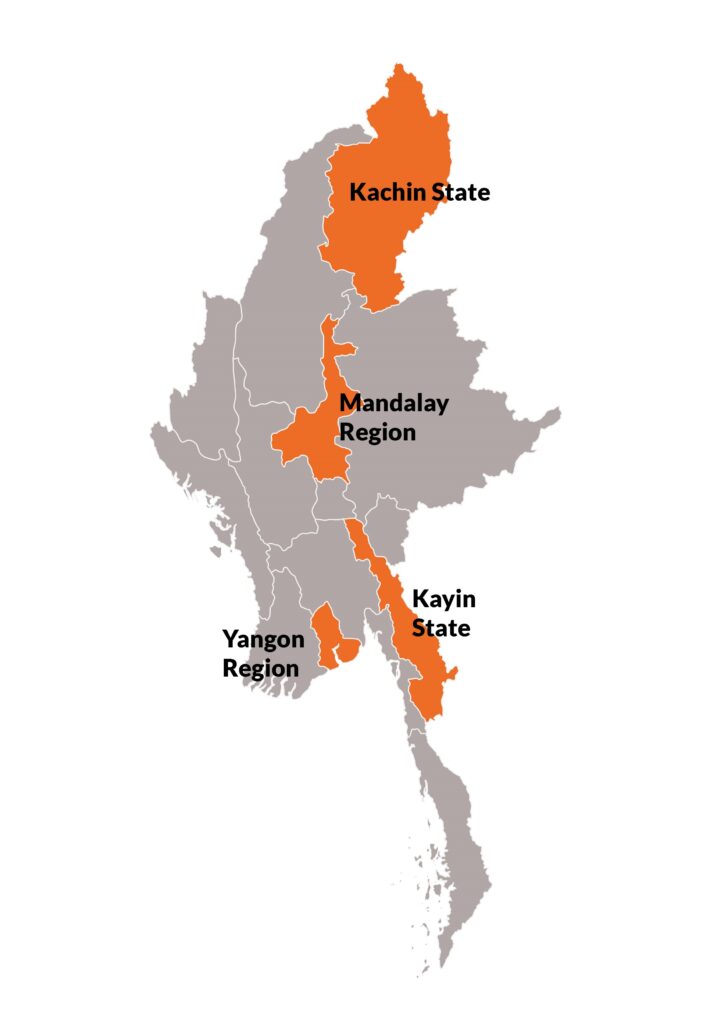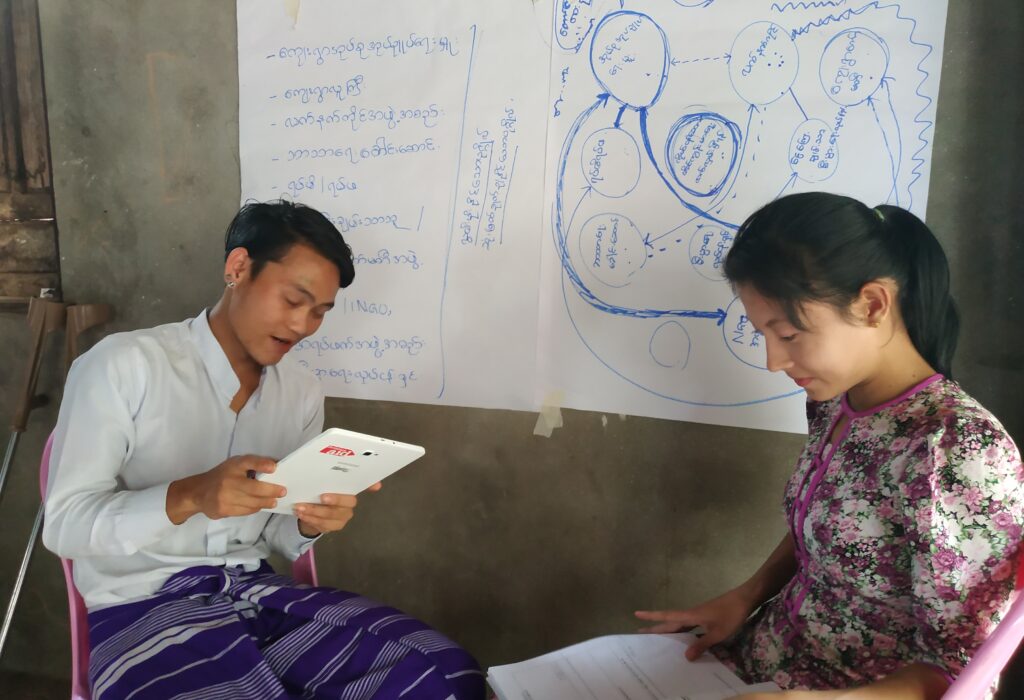Myanmar Literature Review

ECID in Myanmar is working with marginalised communities to realise their rights and improve access to services.
Where we work

A history of colonial rule followed by periods of conflict has shaped current power relations in Myanmar. Culture, traditional and religious practices have a strong influence on what is seen as ‘normal’ and accepted by society.
All of this influences discrimination against certain groups, often minorities or those who are different, excluding them from access to basic needs such as education, health and wellbeing or employment.
Excluded, marginalised people in Myanmar experience many hardships. As well as being excluded from services or areas of society, they have no voice in decision making groups that could change these circumstances. Their stories and experiences stay invisible; they do not appear in statistics and official data.
We are working with people who face discrimination and experience exclusion from basic services and social or political life, in the states of Kachin, Kayin, Mandalay and Yangon.
The people we are working with are excluded for their ethnicity, for being internally displaced due to conflict and living in internally displaced people (IDP) camps, for being HIV positive, for using drugs, for performing sex work, for their sexual orientation or gender identity or for living with disabilities.
Our focus is on empowering people by bringing them together, creating space and opportunities for them to build their skills, identify challenges and plan actions, such as advocacy to bring about the change they want to see. Building evidence for advocacy, through community-led data collection, is a key element.
To develop and deliver project activities we partner with local organisations.
The latest news, views and insights from the ECID programme in Myanmar
Find out about the research being conducted in Myanmar for the ECID programme.
